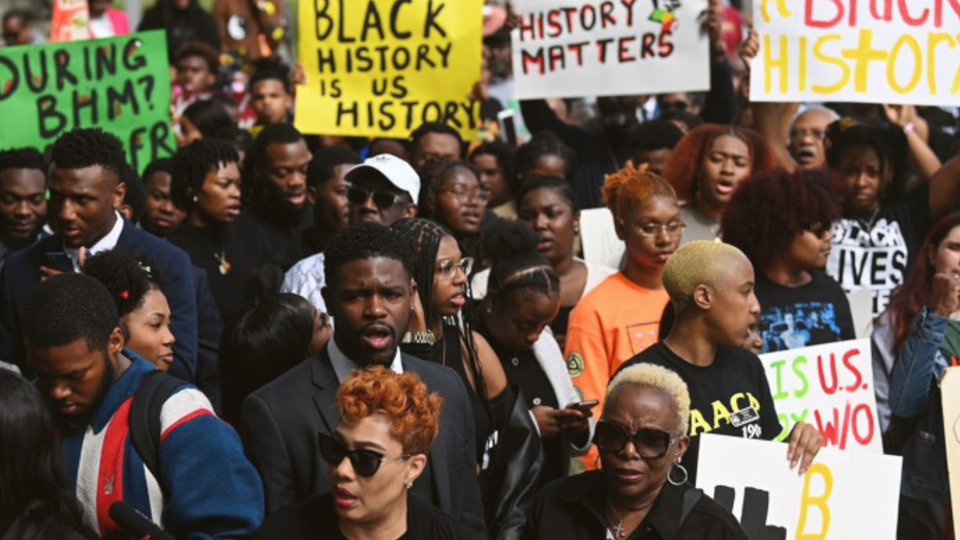How does an incomplete, inaccurate education that omits Black contributions serve society?
That question was posed last week in Route Fifty, a news outlet focused on state, county, and municipal government, by three of CPE's experts: Dr. R. Nicole Johnson-Ahorlu (Vice President of Justice Initiatives Product Innovations; PhD in Education), Ajua Kouadio (Content Strategist; PhD candidate in Education Policy), and Dr. Tralonda Triplett (Director of Public Health).
The answer, of course, is that such an education does not serve society—but extremist politicians who seek to excise the contributions of Black people from U.S. education, social discourse, and politics are far less concerned about society's actual needs than they are about their own political fortunes and the exigencies of White supremacy.
For far too long, Black people’s vast contributions were sidelined in the U.S. history canon—scantily taught during the month of February. Integrating African American studies as a discipline into that canon benefits us because telling the truth about our country, both past and present, is vital to building a more perfect union.
If they were honest, policymakers seeking to quash such curricula would admit that teaching the extraordinary history of Black people requires young people to also learn the history and continued legacy of White racial terrorism. It requires the children of White families to learn how their neighborhoods, schools, and business districts became—and often remain—predominantly White.
The collective health of the nation and future of our democracy depends on expanding access to knowledge about its accomplishments, complexity, and yes, violence. African American Studies and Black history offer us a gift: fields of study that hold both the truth and the ambition of this nation’s past and present.
The essay can be read in full at Route Fifty. Whether today's politicians choose to acknowledge it or not—Black history is everyone's history. All year long.

